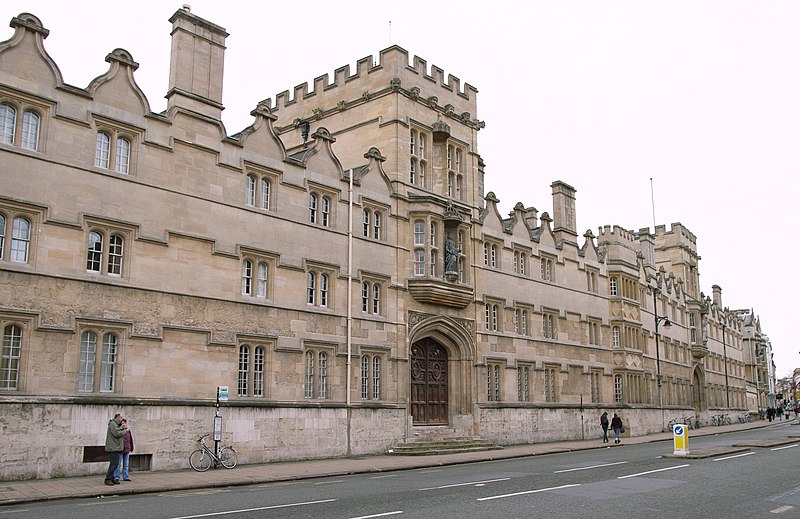
Strictly limiting the number of private school students admitted to Oxford, Cambridge, and other top universities to just 10% is a "radical" measure necessary
to improve social mobility in the UK, argue the authors of a new book.
Sociology professors Aaron Reeves and Sam Friedman from the London School of Economics contend that pupils from elite private schools like Eton and Winchester continue to dominate spots at prestigious institutions, despite recent changes to admissions policies aimed at widening access.
Currently, private school students make up around 30% of the intake at universities such as Oxford, Cambridge, and Durham. Reeves and Friedman argue that this figure should be reduced to a more representative 10% in order to give students from less privileged backgrounds a fairer chance.
Friedman pointed out that students from top private schools who attend leading universities are 52 times more likely to achieve elite positions in society than their peers from other schools. "I think that calls for radical and provocative action," Friedman said.
The professors suggest that to further increase diversity, universities could use a lottery system to select state-educated students who meet entry requirements, helping to address the current bias toward applicants from London and the southeast of England.
“Oxford and Cambridge in particular, but also the wider Russell Group, play a significant role in putting certain individuals on the path to elite positions,” said Reeves, co-author of Born to Rule, published this week. "While the elite has changed over time, these universities remain crucial in propelling their graduates into top roles."
Reeves argued that if the UK is serious about improving social mobility, opening up elite universities to a broader section of society is vital.
Reeves and Friedman’s research, which examines the careers of over 125,000 members of the British elite from the 1890s to today, found that individuals born into the top 1% of society are still just as likely to achieve elite status as they were over 100 years ago.
While attending Oxford or Cambridge benefits all graduates, Friedman emphasized that these institutions have a unique "propulsive power" that propels their alumni into influential roles, though the specific reasons for this are not fully understood. "It could be the credentials themselves, or it might be the networks and skills students acquire during their time there," he said.
In addition to capping private school admissions, Friedman suggested that a lottery-based admissions process could help reduce the intense preparation and tutoring often provided by schools and parents to give their children an advantage in university applications. Photo by Steve Cadman, Wikimedia commons.







































